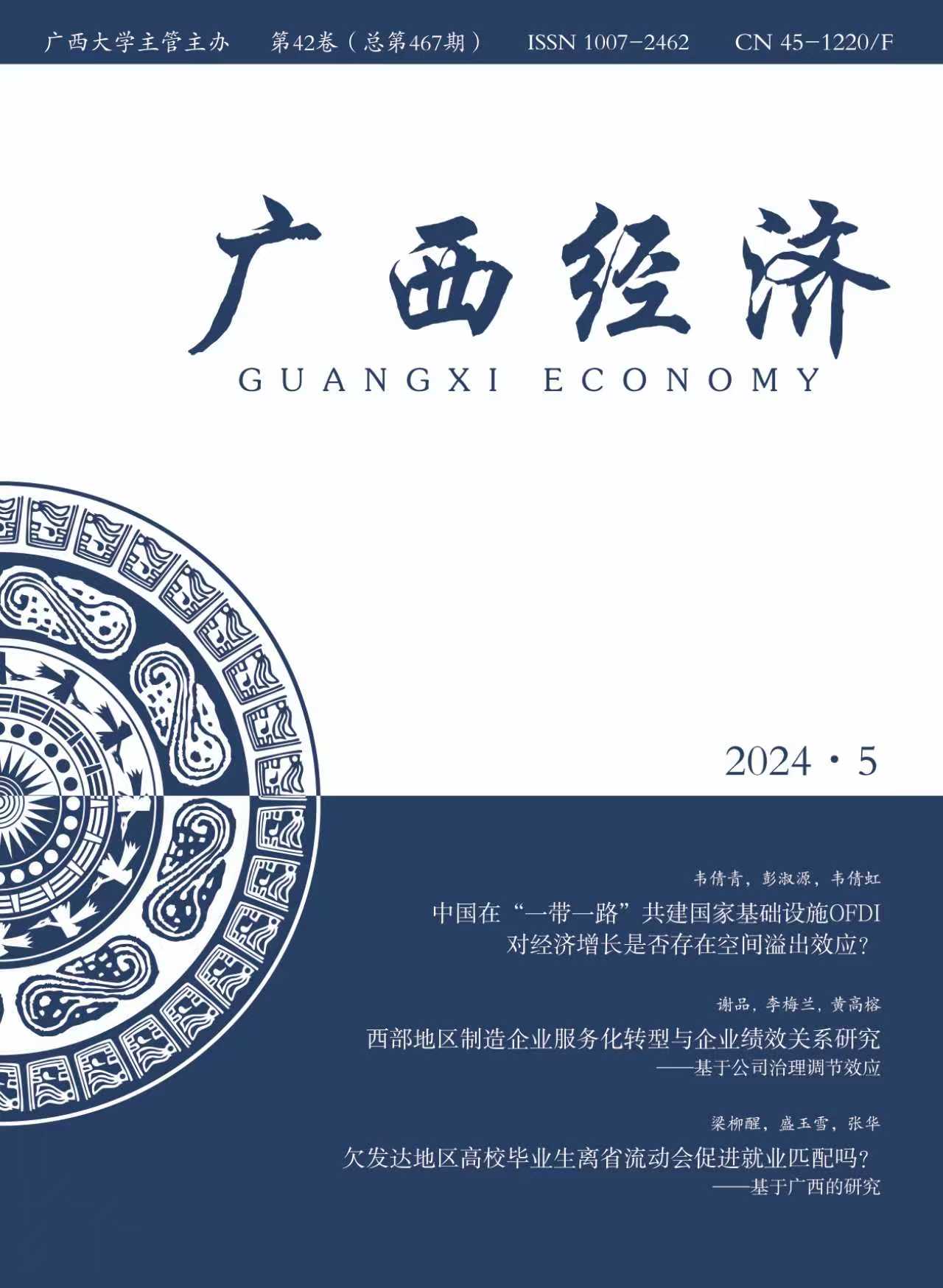Abstract: Improving the rural governance policy is an important means to realize rural revitalization, in which the rural land transfer policy helps to activate the rural economy, increase the farmers’ income and realize rural modernization. Village cadres are the direct implementers and stakeholders of rural land transfer policy, But which cause village cadres’ self-interest behavior or violations in their role conflict. Based on the survey data of village cadres from 89 administrative villages in Nanning City, this study constructs a research model based on the theories of public service motivation and perceived supervisor support, conducting quantitative empirical research. The results show that village cadres’ public service motivation has a significant positive impact on rural land transfer. All six dimensions of public service motivation exhibit significant positive effects on rural land transfer, with the attractiveness motivation of policy formulation having the greatest impact on rural land transfer and the empathy motivation having the smallest impact. Village cadres’ perceived supervisor support has a significant positive impact on rural land transfer, and there is a significant positive moderating effect of perceived supervisor support between public service motivation and rural land transfer. Thus, village cadres should be inspired to work enthusiastically and take responsibility by perfecting the selection mechanism of village cadres, improving the level of public service motivation of village cadres, absorbing the participation of village cadres in policy-making on rural land transfer and enhancing the perceived supervisor support, in order to boost the effective implementation of rural land transfer policy and accelerate the realization of the modernization of rural governance.
Key words: rural governance; village cadres; public service motivation; perceived supervisor support; rural land transfer

Reprinted from Guangxi Economic Journal, 2024,42(05):59-75.


 ADD:No.100 Daxue Road, Nanning, Guangxi, China
ADD:No.100 Daxue Road, Nanning, Guangxi, China Tel/Fax:+86-0771-3186687
Tel/Fax:+86-0771-3186687 Email: gse@gxu.edu.cn
Email: gse@gxu.edu.cn